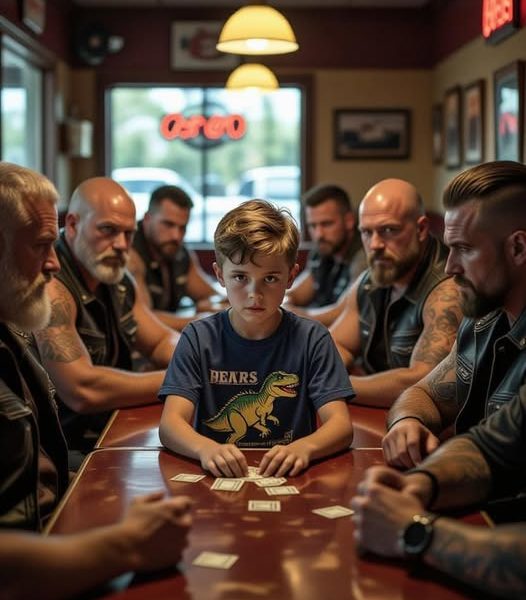For six years, I believed I was a fair supervisor—firm, yes, but fair. Guidelines exist for a reason, and I always thought bending them would lead to chaos. That’s what I told Maria when I dismissed her last week. She’d been late three times in a month, and our policy was clear: three strikes, you’re out. She didn’t argue, just nodded, picked up her bag, and left.
Later, I overheard two colleagues whispering. “Did you hear about Maria’s son? They’ve been sleeping in her car.” My stomach dropped. Her ex-husband was gone, no family support, and every morning she drove across town to clean up at a church before dropping her boy at school. I realized I hadn’t fired someone careless—I had punished a mother fighting to survive.
I tried calling her, texting her, even reaching out to shelters. Finally, in a grocery store parking lot, I spotted her old sedan. Her son’s face peeked from under a blanket in the back. Maria sat up when I knocked, her eyes wary. “I’m so sorry,” I told her. “Please, let me help.” I offered her job back, then arranged with a friend to secure her a small rental. I co-signed the lease and covered the first month’s rent. She hesitated, but I told her, “This isn’t charity. This is me correcting my mistake.”
That night, we carried her few belongings inside. Her son James curled into a real bed for the first time in weeks, whispering proudly the next day, “It even has a night-light.” Maria returned to work, stronger than ever. Our team noticed, too—something shifted. Compassion spread through the office.
I learned what no manual could teach me: sometimes being a good supervisor means putting humanity before policy. And sometimes, second chances change everyone.


